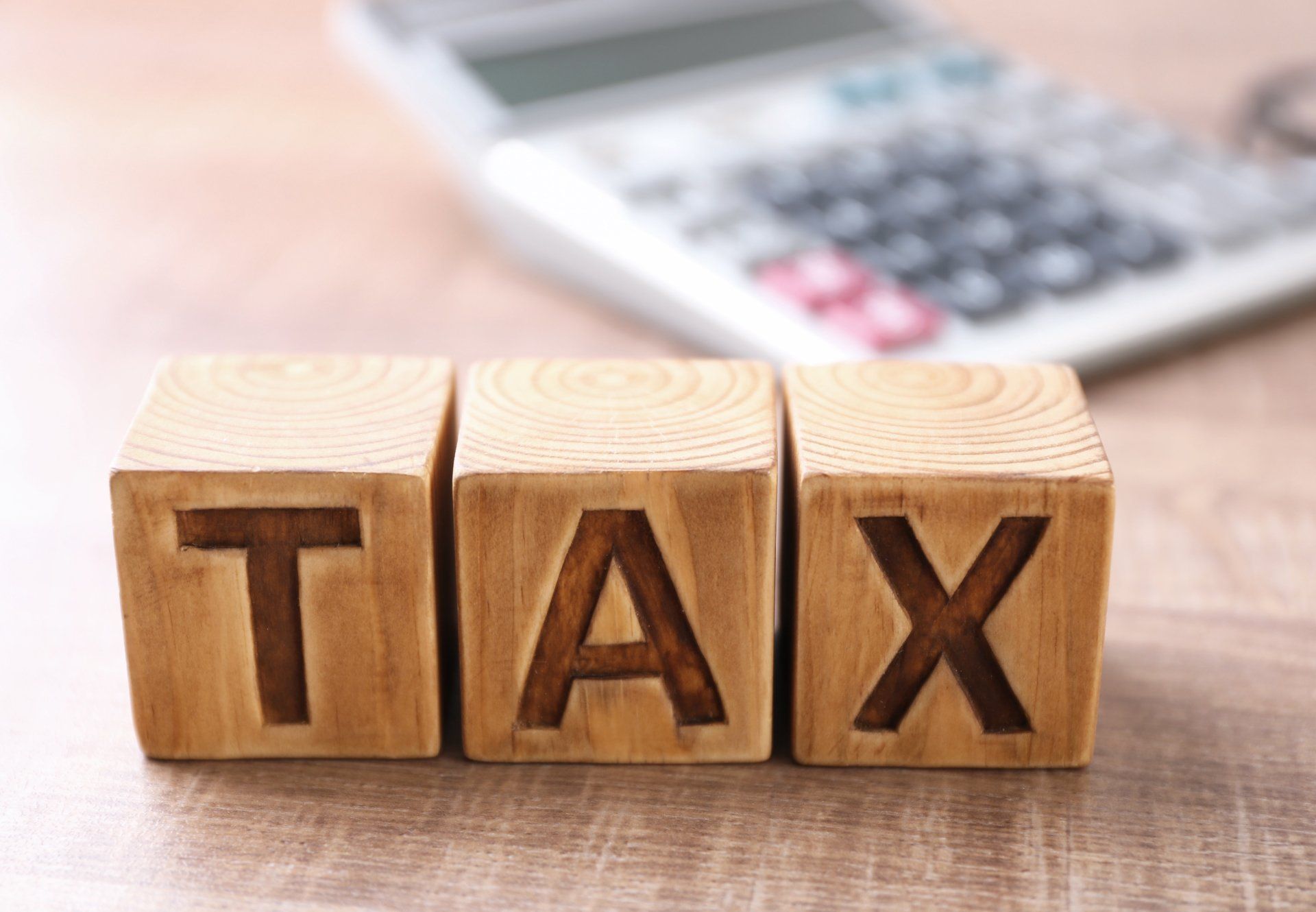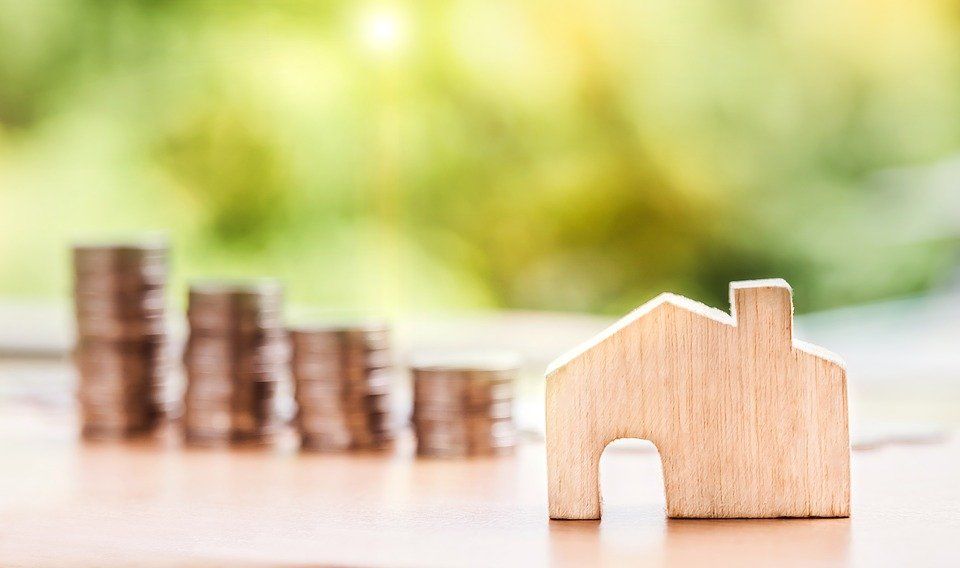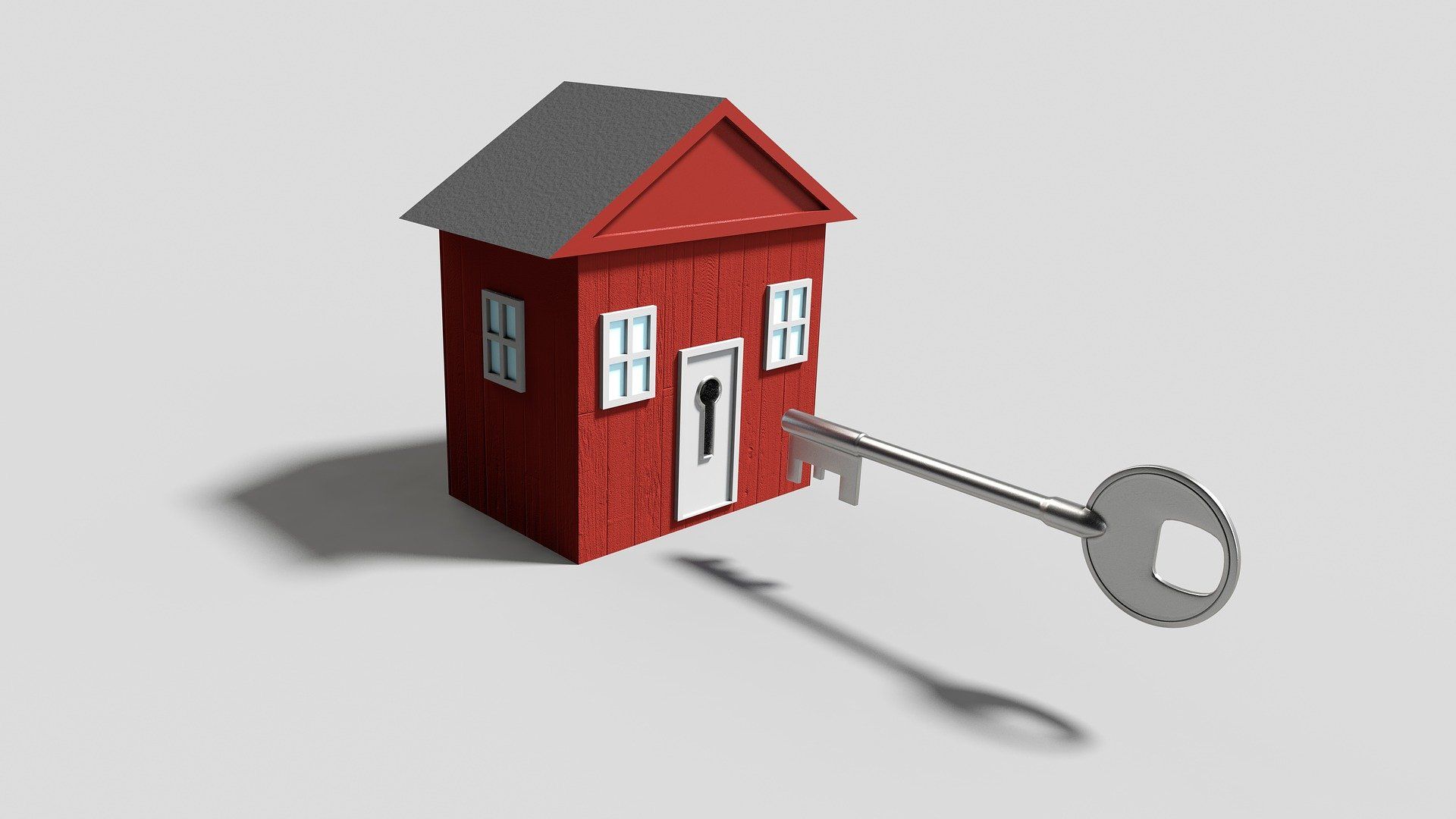Why the “Speculation Tax” Isn’t Really a Tax At All
- By Admin
- •
- 20 Jun, 2018
Back in February, the new NDP government released its 2018 budget, and it included a myriad of new taxes. As expected, there was a ‘speculation tax’ in the package, as the party was elected largely on its promise to crack down on the foreign investors who most believe are artificially inflating our housing market.

But when those who work in the real estate
industry, including developers like ENM, took a look at the details, they were
surprised to find that the tax isn’t really a ‘speculation tax’ at all – it’s
more like a non-resident
owner tax
that will seemingly do little to curb the practices that voters
most fear.
The tax will require B.C. property owners
who don’t pay B.C. income tax to pay 2% of the property value annually starting
in 2019, provided they don’t live in or rent out the home. This means that
long-term, non-resident owners – i.e., people who aren’t speculators – will
have to pay this tax year after year, whereas actual speculators will pay it
only once. So this makes it another B.C.-wide empty-home tax that will hit homeowners
ON TOP OF the empty-home tax that already exists.
Many voters will say, well, that’s exactly
what we wanted when we voted in the NDPs – more taxes on empty homes, to de-incentivize
the speculators. But the fact is, these taxes will not do much to stop the
practice of buying and flipping homes. A tax on the sale of a home within a
year of purchasing might make a dent, but that’s not what this tax is. It’s a
speculation tax in name only.
LACK OF ADEQUATE SUPPLY
“If the NDP really wanted to tackle home
prices,” Daniel Greenhalgh says, “the simplest way would be to reduce the cost
to build. The primary factor in ballooning home prices is clearly a lack of
supply. We’re hemmed in here by mountains and ocean, and we need more density.
We need more creative ways to encourage housing starts. But we’re going in the
opposite direction. In 2008, the development process for a new project took
about six months for a low-rise, including all the municipal permitting fees.
Now that time has doubled to about 12 months. There’s an increase in the volume
of permits, but the staffing hasn’t grown. I think the province needs to
incentivize, or provide funding for, municipalities to grow the permitting
staff. That would have so much more of an impact on home prices than new
taxes.”
Daniel thinks that the experimental
taxation effort to free up housing is a misguided exercise in government
meddling.



